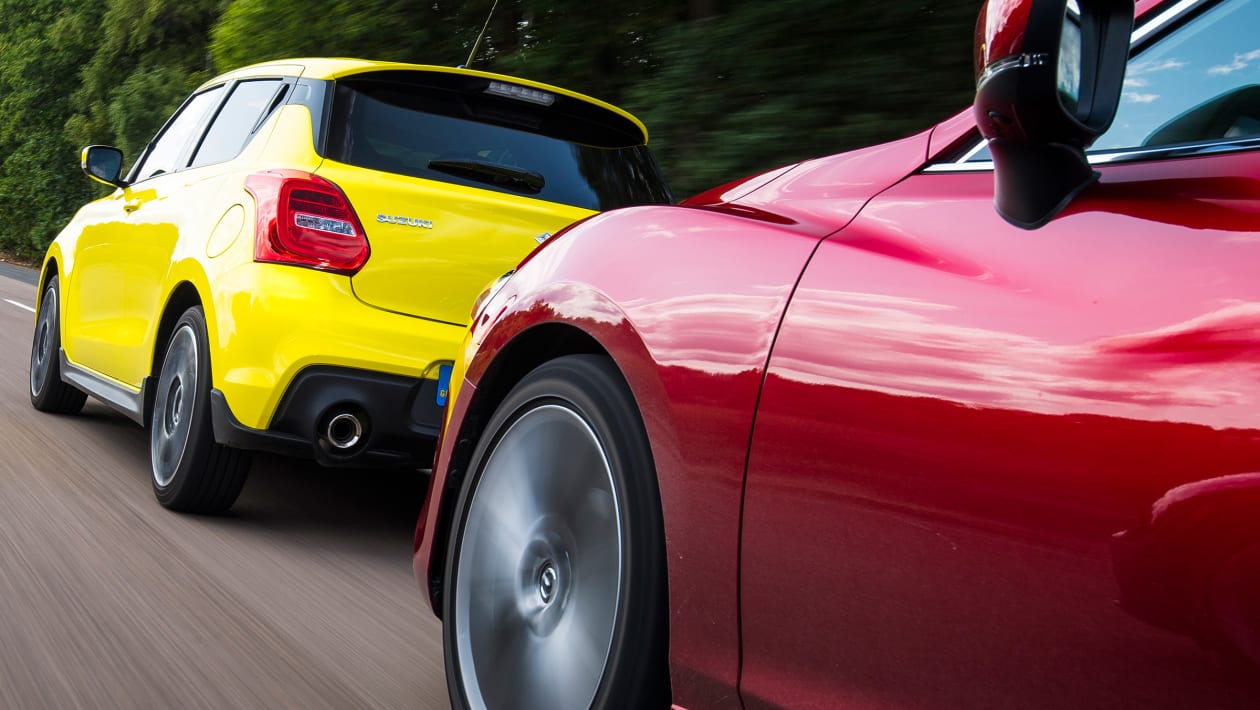What is tailgating? Definition, penalties and how to avoid it

Overall, my heart rate rose by the smallest amount on motorways, and most on the roundabouts leaving them. For those who are nervous or less experienced on motorways, these results would likely have been reversed.
Practical assessment over, it was now time to try the next part of the test from the comfort of an office chair.
This section involved watching two scenarios reminiscent of those in a hazard-perception exam. A facial tracker would assess my emotions during each scenario, and I would answer questions based on what I saw.
The first scenario was, in essence, a control test, as it showed no adverse driving at all.
On the westbound M3 junction with the M25, a driver indicated, then calmly and safely moved over from the right-hand lane to the left. I was asked to convey my emotions at the manoeuvre, which were indifferent. The facial tracker corroborated my opinion, recording no obvious reaction.
The second scenario certainly prompted a response, though: another driver's violent manoeuvre saw their car veer from lane three to one, swerving around the back of a lorry as it headed on to the slip road at the very last second, causing 'my' camera car to brake sharply to avoid a collision.
I resisted the urge to shake my head, and noted frustration as my overriding emotion. The facial recognition software suggested a feeling of 'surprise'.
My results were largely echoed by the full study carried out by Highways England. The researchers found that the most common reactions to being tailgated were surprise, followed by anger and contempt, while heart-rate spikes were consistently recorded in participants.
My own heart rate spikes, meanwhile, show that even little things that don't immediately register as dangerous can raise stress levels.
Tailgating remains among road chiefs' biggest concerns.
Richard Leonard, head of road safety at Highways England, summarises the problem succinctly. "If you get too close to the car in front, you won't be able to react and stop in time if they suddenly brake," he says. "If that leads to a collision, then people in both vehicles could end up injured or killed."
Do you have any tips for avoiding tailgaters?
Let us know in the comments...